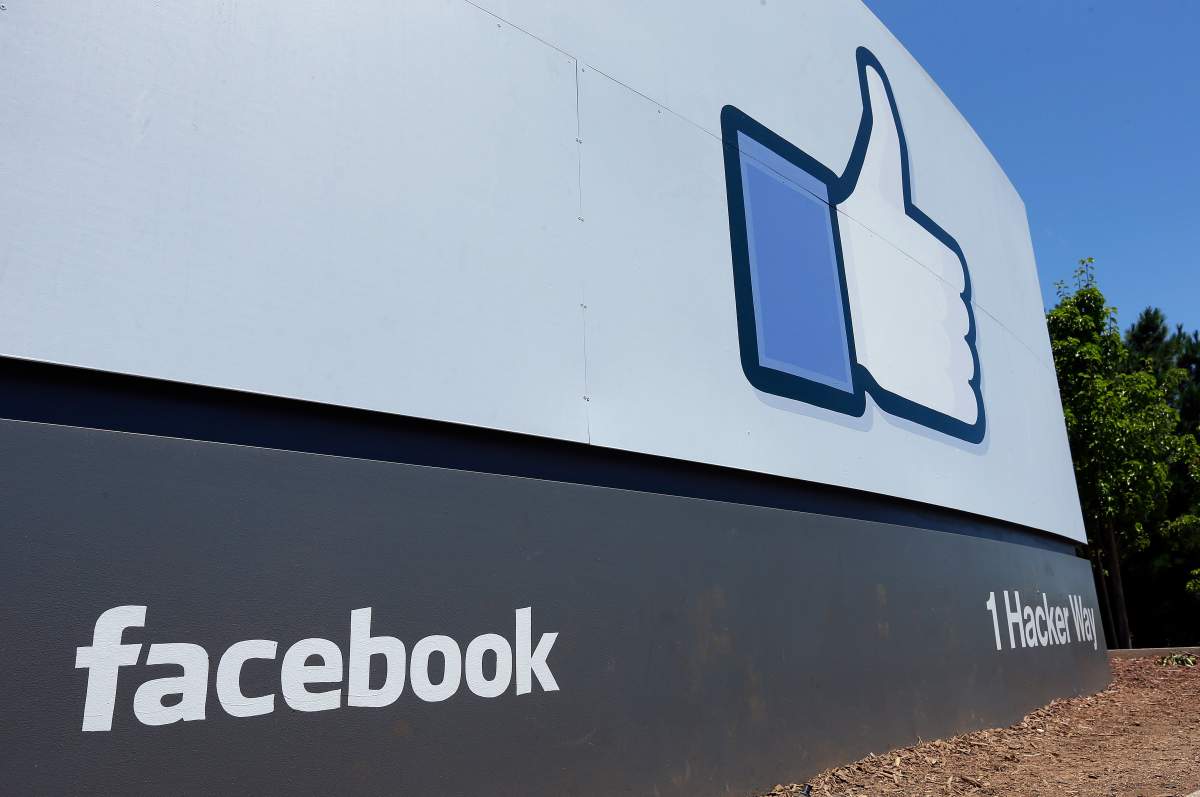Facebook says it would block news publishers and people in Australia from sharing news on Facebook and Instagram if a proposal to force the U.S. tech giant to pay local media outlets for content becomes law.

The Australian government said in July it would require tech giants Facebook and Alphabet Inc’s Google to pay for news provided by media companies under a royalty-style system that is scheduled to become law this year.
“This is not our first choice – it is our last. But it is the only way to protect against an outcome that defies logic and will hurt, not help, the long-term vibrancy of Australia’s news and media sector,” Facebook Australia managing director Will Easton said in a statement published on Tuesday.

Following an inquiry into the state of the media market and the power of the U.S. platforms, the Australian government late last year told Facebook and Google to negotiate a voluntary deal with media companies to use their content.

Get breaking National news
After those negotiations failed, Australia’s competition regulator drafted laws that it said would allow news businesses to negotiate for fair payment for their journalists’ work.
Easton said the proposed legislation misunderstands the dynamic of the internet and will damage news organizations.
Australia’s Ministry for Communications did not immediately respond to questions on Tuesday.
(Reporting by Bhargav Acharya and Jonathan Barrett; Editing by Subhranshu Sahu and Christopher Cushing)





Comments
Want to discuss? Please read our Commenting Policy first.